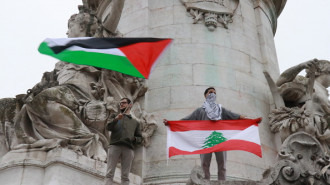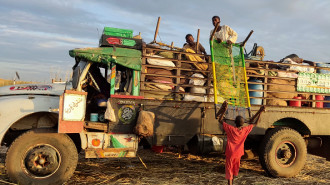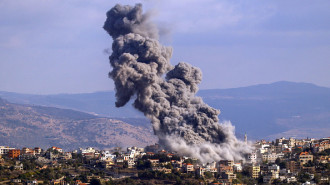Sabra and Shatila: Israeli-backed massacre of Palestinian refugees in Lebanon remembered 36 years later
On 16 September, Lebanese Phalange militiamen stormed the Sabra and Shatila refugee camps in West Beirut and began a massacre which killed up to 3,500 Palestinians, according to estimates.
The bloodshed represented one of the worst atrocities of Lebanon's brutal 1975-1990 civil war.
Israeli forces, who had invaded Lebanon months earlier, surrounded the refugee camps as Phalangist gunmen entered, and prevented Palestinians from leaving.
Witnesses say Israeli forces fired flares throughout the night to provide light for the militiamen to carry out their 48-hour killing spree.
Young men were lined up against walls and machine-gunned down, while there were reports of mass rapes and mutilations.
The Palestine Liberation Organisation (PLO) had agreed to leave Lebanon in August, leaving the camps undefended.
 |
The bloodshed represented one of the worst atrocities of Lebanon's brutal 1975-1990 civil war |  |
As part of the deal, they were given American assurances that civilians left behind would be protected.
Israel's army had occupied West Beirut following the assassination of their strategic ally president-elect Bachir Gemayel – a senior member of the Christian Kataeb party - on 14 September.
Twitter Post
|
In 1983, Israel's investigative Kahan Commission found that Israeli Defence Minister Ariel Sharon bore "personal responsibility" for the massacre.
He later became prime minister of Israel.
When Sharon died in 2014, Human Rights Watch said in a statement: "It's a shame that Sharon has gone to his grave without facing justice for his role in Sabra and Shatilla and other abuses."
Israeli justice authorities never conducted a criminal investigation to determine whether Sharon and other Israeli military officials bore criminal responsibility.
The Phalange unit that entered the Palestinian refugee camps was headed by Elie Hobeika, who was later elected to Lebanon's parliament for two terms and served multiple times as a government minister.
A Lebanese investigation into the massacre was never conducted. Hobeika was assassinated in 2002.

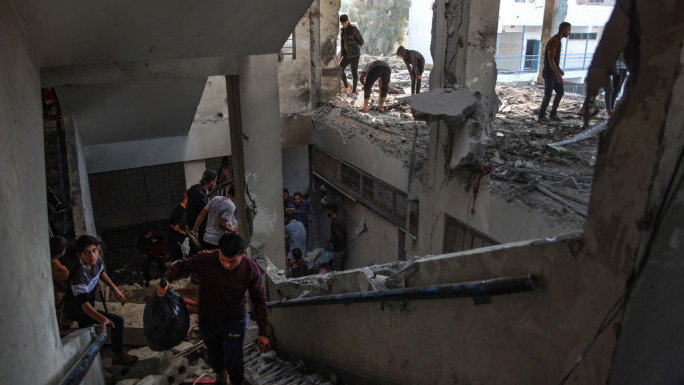
![President Pezeshkian has denounced Israel's attacks on Lebanon [Getty]](/sites/default/files/styles/image_684x385/public/2173482924.jpeg?h=a5f2f23a&itok=q3evVtko)
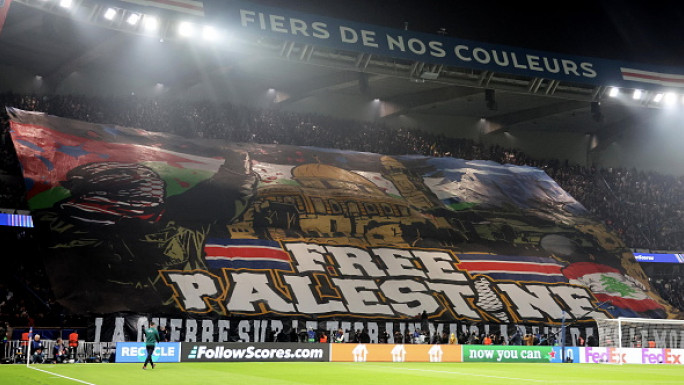
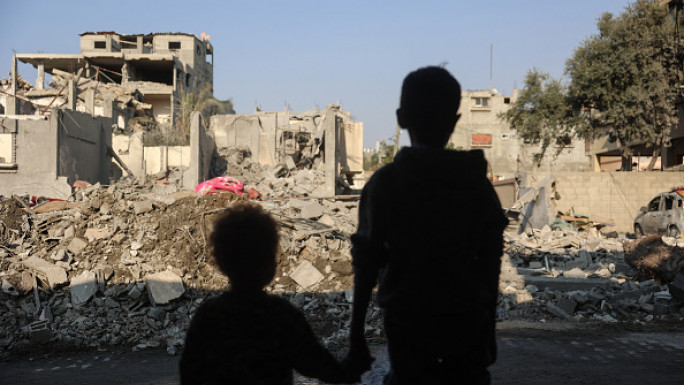
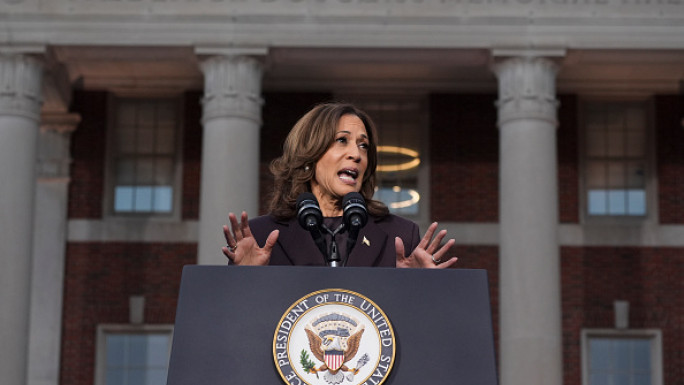
 Follow the Middle East's top stories in English at The New Arab on Google News
Follow the Middle East's top stories in English at The New Arab on Google News
